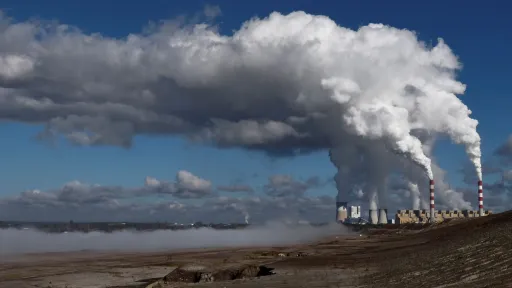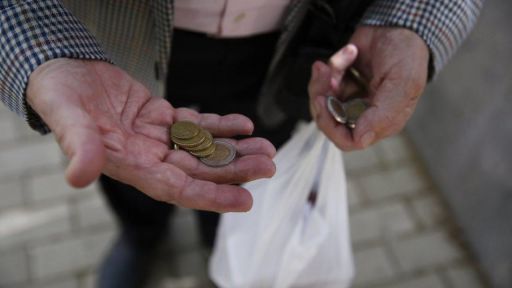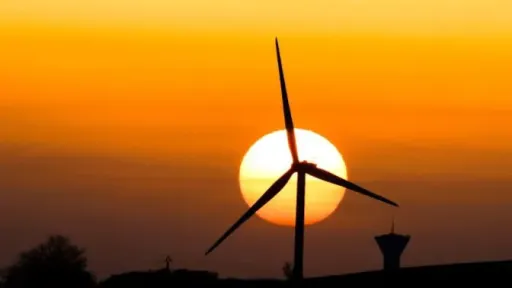Balkan states urged to introduce carbon pricing as EU border tax nears

Western Balkan countries must act swiftly to introduce carbon pricing systems for electricity generation or risk a collapse in coal-based power exports once the European Union’s new carbon border tax takes effect in 2026, environmental campaigners warned on Thursday.
Under the EU’s Carbon Border Adjustment Mechanism (CBAM), beginning January 1, 2026, importers of electricity and other carbon-intensive goods from outside the bloc will have to pay for the carbon dioxide emissions produced in the exporting country.
The measure is expected to significantly impact coal-dependent energy producers in Bosnia and Herzegovina, Montenegro, North Macedonia, and Serbia, whose electricity exports currently supply Italy, Croatia, Hungary, Romania, Bulgaria, and Greece, according to a new report by the CEE Bankwatch Network.
EU carbon tax threatens regional export revenues
Up to 60% of electricity imported into the EU from the four Western Balkan states is generated by coal-fired plants, the report said. Once CBAM takes effect, these exports will become far more expensive, potentially wiping out EU demand and cutting off a key source of revenue for Balkan utilities.
However, Brussels has left open a possible reprieve: countries that make “substantial progress” in aligning with EU climate and energy legislation — including adopting domestic carbon pricing — could qualify for partial exemptions from the new tax.
“By introducing domestic carbon pricing, the countries could mitigate the impacts of CBAM and generate significant revenue to spend on a just and sustainable energy transition,” CEE Bankwatch said in the report, cited by Reuters.
Billions could support energy transition
According to the group, implementing national carbon pricing schemes could generate up to €4.2 billion ($4.9 billion) annually across the Western Balkans. These funds could be invested in renewable energy, worker retraining, and coal phase-out programs.
“CBAM could finally force Western Balkan governments to tackle the elephant in the room and start closing their highly polluting and increasingly uneconomic coal power plants,” said Pippa Gallop of the CEE Bankwatch Network.
The warning comes as Balkan governments face growing pressure to align with EU climate policy ahead of future accession talks, while balancing the economic weight of coal in their domestic energy sectors.





